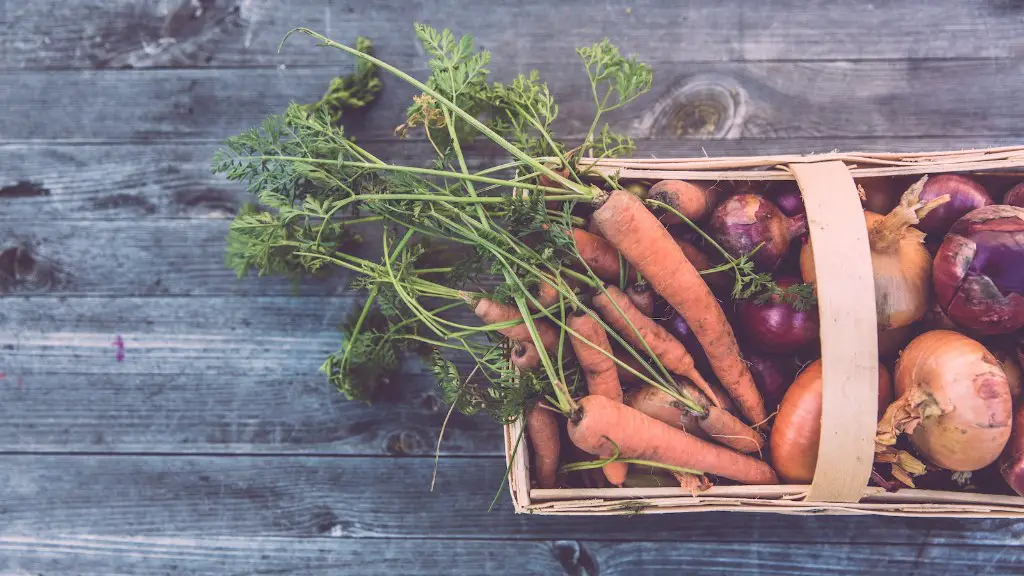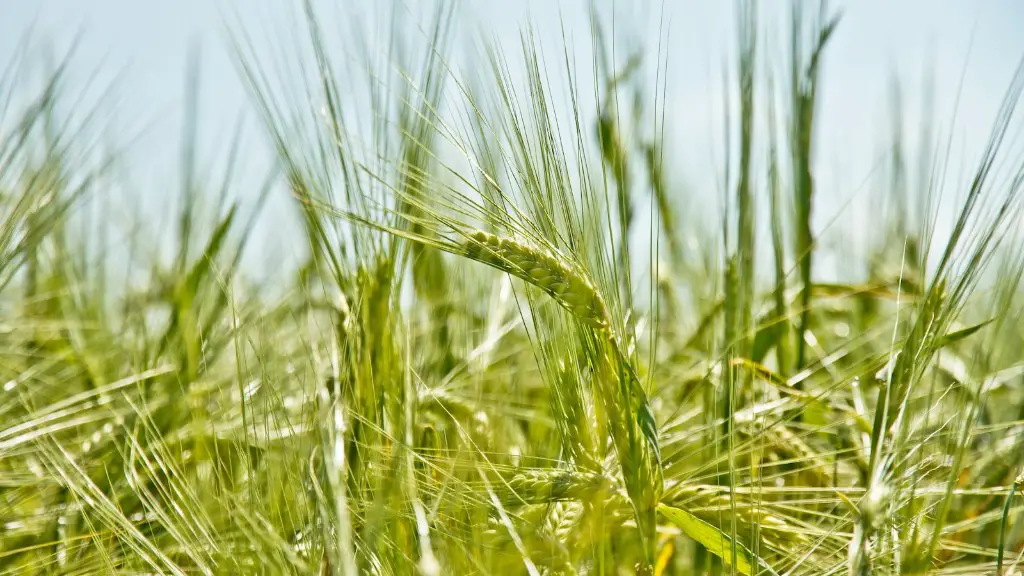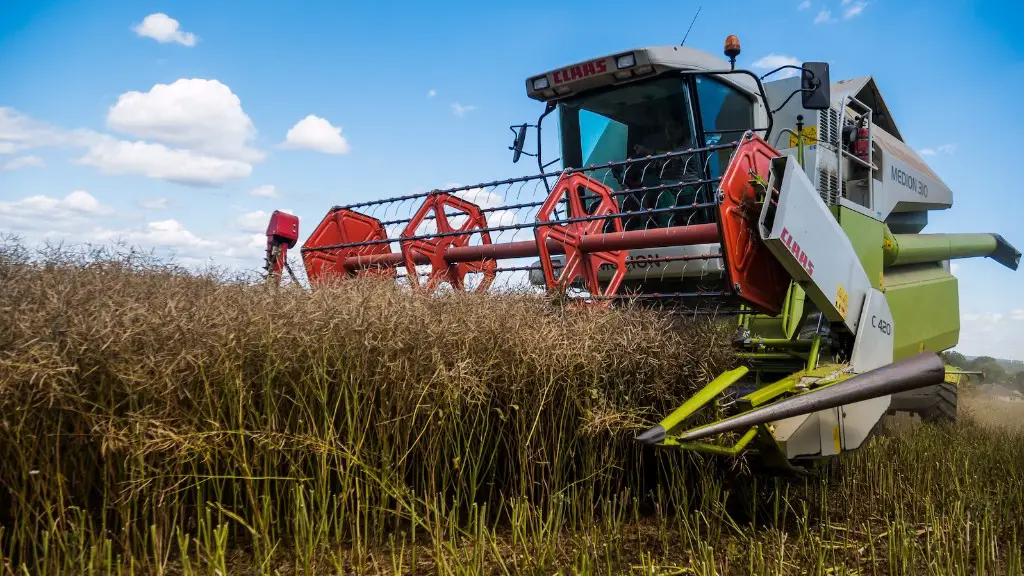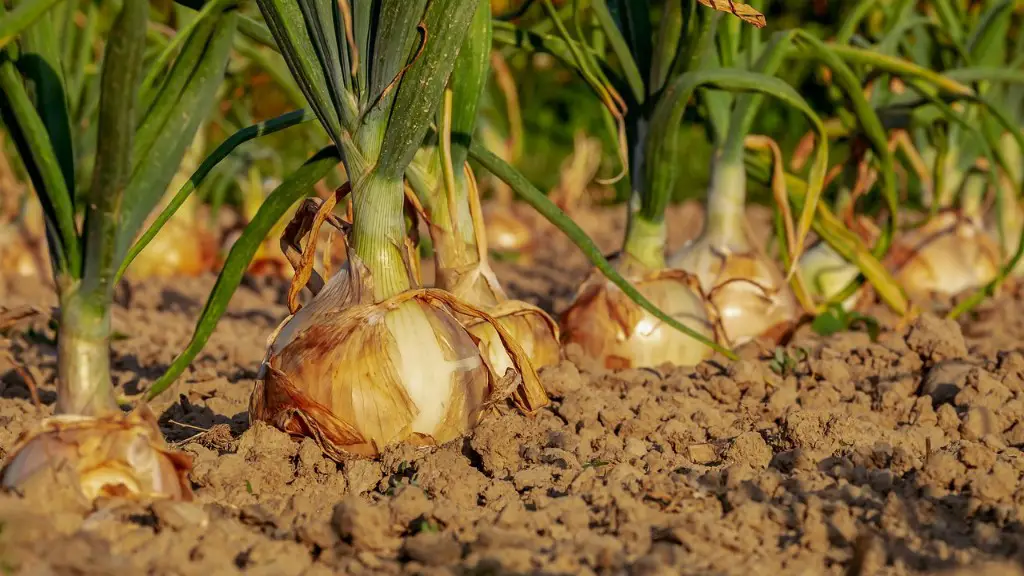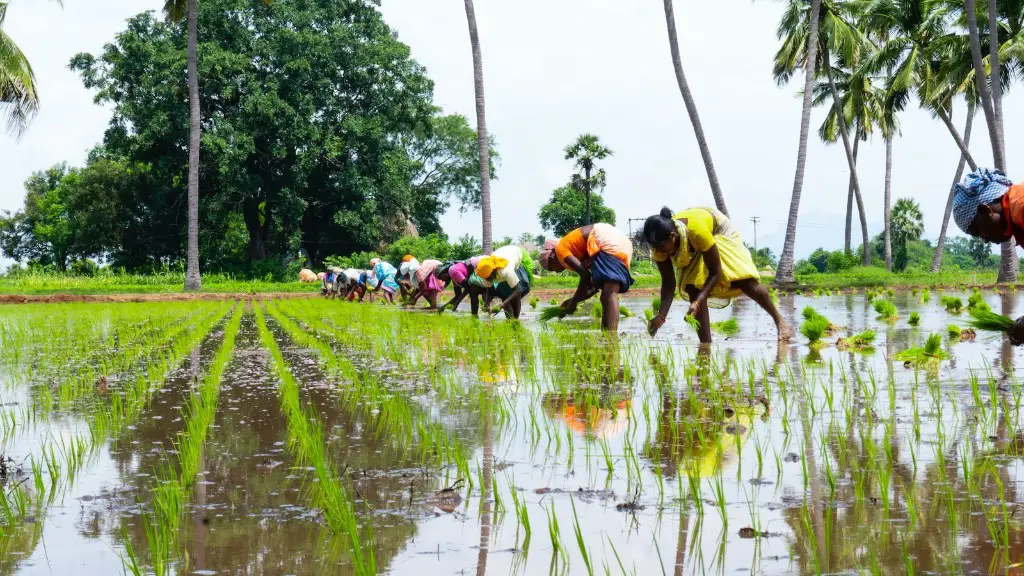Is regenerative agriculture organic? This is a question that many people are asking today. Regenerative agriculture is a concept that has been around for a while but is growing in popularity as an alternative to traditional farming methods. Regenerative agriculture is focused on using methods that are more sustainable and that promote soil health. While there is no single definition of organic agriculture, it is generally understood to involve sustainable practices that protect the environment and conserve resources. Here we will look at what regenerative agriculture is, how it relates to organic agriculture, and why it is gaining popularity.
At its core, regenerative agriculture is about creating regenerative systems that build soils, sequester carbon in the soil, promote biodiversity, and provide resilient and productive farms. It involves minimizing tillage, applying compost and cover crops, managing livestock, and other practices. Regenerative farmers focus on the health of their land and soil, taking into consideration the long-term sustainability of their agricultural system. Regenerative agriculture is seen not just as a farming system, but rather as a holistic approach to growing food that takes into account economic, social, and environmental factors.
So, is regenerative agriculture organic? The answer is complicated as there is no single definition of organic agriculture. In the United States, organic agriculture is certified and overseen by the USDA. Organic certification requires farmers to abide by certain production standards, including using only organic-approved pesticides and fertilizers, maintaining healthy soil, and avoiding genetically modified organisms. Regenerative agriculture, while similar to organic in many respects, does not necessarily follow the same strict guidelines and certification requirements.
Many regenerative farmers, however, do choose to seek organic certification as it provides assurance to consumers that the produce they are buying is grown in a sustainable, responsible manner, as well as providing access to certain markets and financial incentives. In addition, some regenerative farmers may also choose to pursue other certifications such as Biodynamic, Certified Naturally Grown, or Regenerative Organic Certification, which can help to differentiate their products from those that are not certified as organic.
It is clear that regenerative agriculture is much more than just organic farming. By focusing on soil health, fostering biodiversity, and contributing to overall sustainability, regenerative agriculture is a way to build resilient systems and communities. This approach fills a necessary gap that the more traditional, and oftentimes outdated, concept of organic agriculture cannot. As people become more aware of its potential, regenerative agriculture is gaining more recognition and acceptance.
What is Regenerative Agriculture?
Regenerative agriculture is a farming method which uses practices that are aimed at restoring soil health, increasing biodiversity, and promoting sustainability. It is a type of farming that focuses on soil-building practices such as composting, no-till, cover cropping, and using organic fertilizers. It is also based on building healthy and productive relationships between the land and its people, allowing farmers to build a long-term, profitable, and regenerative business.
Moreover, regenerative agriculture also seeks to build resilient communities, ensuring that the food we eat is produced in a responsible and sustainable way. This approach takes into consideration the diverse range of factors that impact agriculture and the food system, such as climate change, global economics, and social justice.
Regenerative agriculture also seeks to move away from industrial farming and its reliance on large-scale, chemical-intensive operations. Instead, it focuses on restoring soil health and biodiversity as a way to produce more nutrient-dense, flavorful, and resilient food.
The practices of regenerative agriculture can be used in all types of farming, from small-scale family farms to large-scale commercial farms. The key element of regenerative agriculture is working with nature, rather than against it. By focusing on holistic systems, regenerative agriculture practices can help to reverse the damage done by industrial farming and create healthy and sustainable agricultural systems.
How Does Regenerative Agriculture Differ from Organic Methods?
Organic agriculture is also focused on sustainability, but it tends to have stricter standards (due to certification requirements). For example, organic agriculture requires that farmers must use only organic-approved inputs, avoid genetically modified organisms, and implement practices that maintain healthy soil. Additionally, organic farming typically limits the use of synthetic pesticides, chemical fertilizers, and other potentially harmful substances.
Regenerative agriculture, on the other hand, operates more broadly and is not limited to the organic standards. It is a holistic system that seeks to look at the complexities of the food system, such as climate change, global economics, and social justice, and to address them. Whereas organic agriculture focuses on limiting harmful inputs, regenerative agriculture focuses on restoring and regenerating soil health, increasing biodiversity, and fostering resilient and productive agroecosystems.
In short, regenerative agriculture is much more than organic farming. It is all about fostering a holistic, regenerative system that supports soil health, increases biodiversity, and works to produce healthy, nutritious food with minimal environmental impact.
What are the Benefits of Regenerative Agriculture?
The primary benefit of regenerative agriculture is that it helps to restore soil health and fertility and increase soil carbon levels in the long term. With the proper implementation of regenerative practices, farmers are able to reduce the amount of synthetic fertilizers and pesticides they use, while still increasing yields and minimizing erosion. As a result, regenerative agriculture has the potential to be more sustainable and profitable than traditional methods.
In addition, regenerative agriculture engages the community in a positive and meaningful way. By creating resilient and productive agroecosystems, farmers are able to provide their customers with healthier, more nutritious food. By working with nature and with the community, regenerative agriculture can help create more resilient and sustainable agricultural systems.
Furthermore, regenerative agriculture also supports local economies and communities by encouraging diversified, sustainable and profitable farms. By providing farmers with a more resilient and rewarding livelihood, regenerative agriculture can help create a more equitable and just food system.
Finally, regenerative agriculture can positively impact the climate by increasing soil carbon levels and sequestering carbon dioxide in the soil. This can reduce the levels of greenhouse gases in the atmosphere, preventing further global warming.
How Can You Get Involved in Regenerative Agriculture?
If you are interested in getting involved in regenerative agriculture, you can start by learning about it. There are many resources and organizations that provide information and support for regenerative farmers, such as the Soil and Water Conservation Society, the Rodale Institute, and the Regenerative Agriculture Coalition. Additionally, you can contact your local agricultural extension agency or college to find out about farming classes or workshops in your area.
You can also get involved in regenerative agriculture by directly supporting regenerative farmers. This could be in the form of buying local, regeneratively-grown food or helping to promote awareness of regenerative agriculture in your community.
Lastly, if you’re a farmer yourself, you can implement regenerative practices in your operations. This could include reducing tillage, planting cover crops, using compost, managing livestock, and avoiding synthetic pesticides and fertilizers. By taking the time to learn and implement these practices, you can help to build healthy and productive soils that will produce more nutritious and resilient food.
What Role Does Technology Play in Regenerative Agriculture?
Technology can be used in a variety of ways to support regenerative agriculture, from providing data and information about soil health to helping manage cover crops and livestock. Technology can help farmers to better monitor their soils and understand what practices are going to be most beneficial to them. This in turn can help farmers make more informed decisions about how to manage their land and create more sustainable and productive systems.
In addition, technology can help to bridge the gap between regenerative farmers and consumers. Mobile apps and online platforms can help to increase awareness and connect regenerative farmers with communities seeking healthier, more sustainably-grown food. Furthermore, technology can support farmers in connecting with each other and sharing their knowledge, thus helping to build a network of regenerative food producers.
In short, technology can be a powerful tool for supporting the success of regenerative agriculture. By providing the data and information necessary to make informed decisions, it can help farmers to create more resilient and productive systems, foster collaboration, and become more competitive in the marketplace.
Conclusion
In conclusion, regenerative agriculture is a holistic approach to farming which seeks to restore soil health, increase soil fertility, and create resilient, productive, and sustainable agroecosystems. It is not the same as organic agriculture, although organic certification is often sought by regenerative farmers. The benefits of regenerative agriculture include healthier, nutrient-dense produce, improved soil quality, increased biodiversity, and the potential to reduce greenhouse gas emissions. Technology can be a powerful tool in helping to support and promote the success of regenerative agriculture, as well as helping to connect regenerative farmers to their communities.
